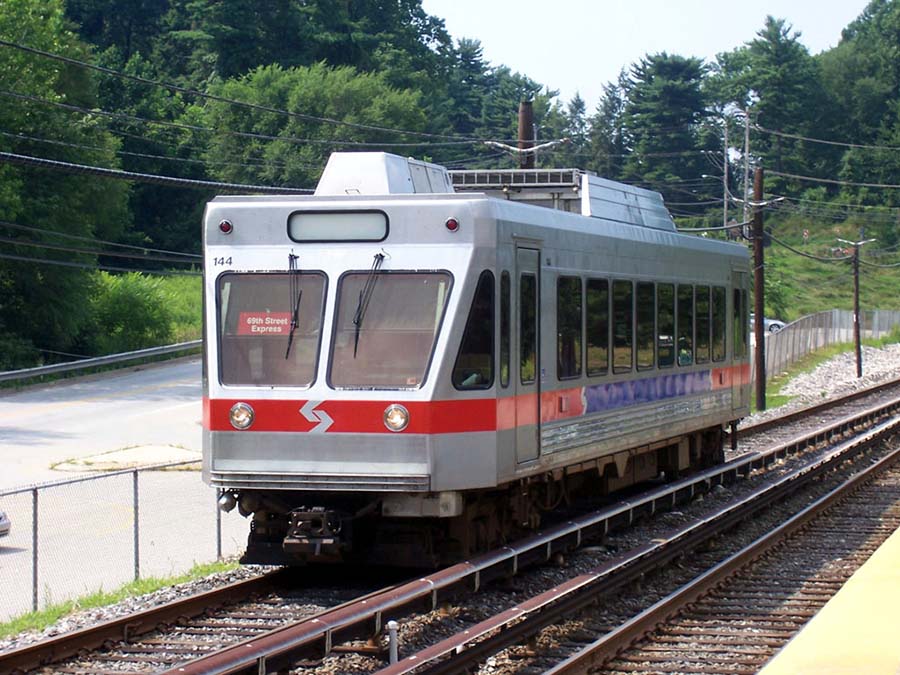Public Transit is a Regional Necessity, Not Just a City Perk

Statement from our President & CEO regarding the proposed SEPTA budget cuts:
Public transportation is not a luxury reserved for urban centers—it’s a vital lifeline for suburban communities, especially for economic hubs like King of Prussia. As the largest commercial center in the Philadelphia suburbs and the third-largest employment center in the region, King of Prussia depends on a reliable and efficient transit system to support its workforce and sustain its growth.
Every day, nearly 10,000 Philadelphians travel to King of Prussia to work—many in retail, hospitality, entertainment, manufacturing and logistics. They rely on SEPTA buses and the Norristown High Speed Line to reach jobs that often involve non-traditional or overnight hours. For many, public transit isn’t a choice—it’s the only option.
Reducing SEPTA service would be devastating. It would choke off access to jobs, place additional burdens on working families and force thousands more cars onto already congested roads like the Schuylkill Expressway and Route 202. The ripple effects would reach beyond King of Prussia—weakening the entire region’s economic resilience.
According to the Delaware Valley Regional Planning Commission, proposed reductions in SEPTA services would add more than 493,000 additional daily vehicle miles in Montgomery County. This would result in 20% longer commute times, with significant delays on the Schuylkill Expressway, Routes 422 and 202.
Analysis from Econsult Solutions, Inc. (ESI) reveals that one in five evening trips to Center City from surrounding counties rely on public transportation. Across suburban communities in Greater Philadelphia, transit is essential for 20% of nighttime industry workers, 29% of food and beverage workers, 25% of hospitality workers and 16% of healthcare workers. In King of Prussia, these figures are likely to be even higher given the area’s large concentration of hospitality employees. In addition, ESI projects that cuts to SEPTA services could lead to a 33% drop in job growth across the region’s suburban counties over the next 30 years. The economic impact would be significant, with annual tax revenue losses of approximately $209 million due to reduced property values, business activity and income taxes contributions.
SEPTA is already underfunded compared to its peers in other states. Pennsylvania lawmakers must step up and recognize that the Philadelphia region’s economic engine cannot run without properly funded public transportation. SEPTA needs a stable, long-term funding solution now—not just for the benefit of the Philadelphia region, but for the entire Commonwealth.
Ignoring adequate SEPTA funding will stall our growth and cede economic opportunity to states that understand the importance of transit infrastructure. The cost of inaction is far too high.
Eric Goldstein
President & CEO
King of Prussia District
